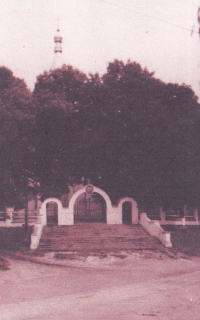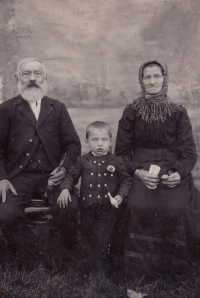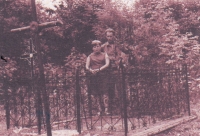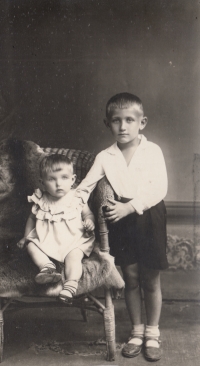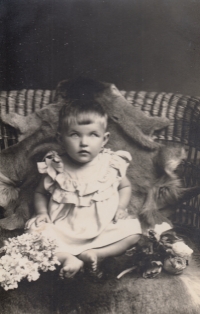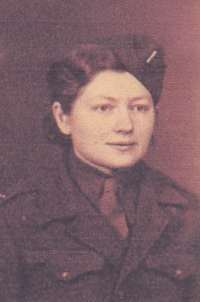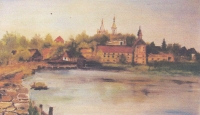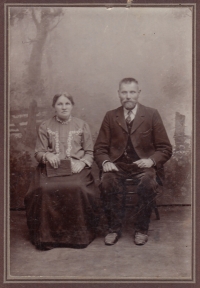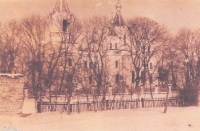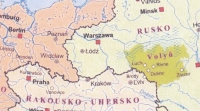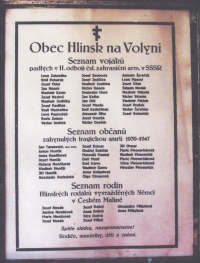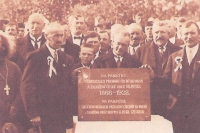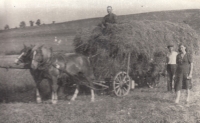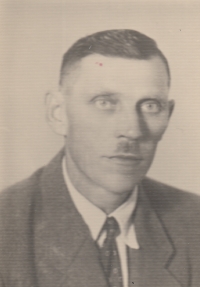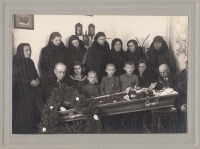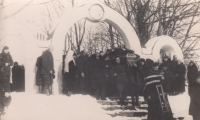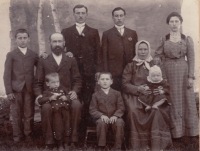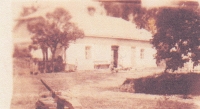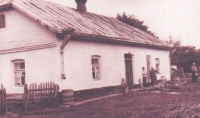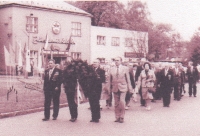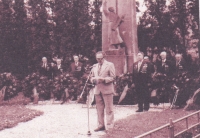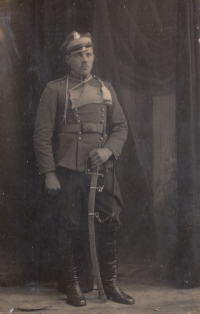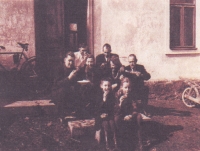We’ve survived the terror of three regimes

Download image
Halina Staňková (née Zajícová) was born on 15 May 1936 in Hlynsk, Volhynia. Her father, Vladimír Zajíc, was a descendant of one of many families that moved from Austria-Hungary to the Volhynia region (today’s part of Ukraine) with the prospect of tax breaks and cheap land. The Zajíc family had a large farm, which led to the threat of deportation to Siberia and expropriation of their property by the Stalinist regime in 1941. The family was saved by the violation of the Ribbentrop-Molotov Pact i.e. the invasion of the Soviet Union by Germany. Many Volhynian settlers welcomed the Wehrmacht soldiers with enthusiasm. Only until the Nazis began to systematically murder Jews, and anyone who stood in their way during the war campaign. Halina’s father later joined the newly formed Czechoslovak Army Corps, where he served as a supply officer. He did not meet the family until 1947 when the Zajics moved to Czechoslovakia. The family settled in Libina in Central Moravia, where Vladimír Zajíc secured a house and farm left by the displaced Sudeten Germans. After the onset of communism in 1948, the Zajíc family was again labeled kulaks. In order for Halina to graduate from the Secondary School of Agriculture in Olomouc, her father had to join the Unified Agricultural Cooperative (JZD), but he had a disagreement with the locals and was therefore expelled from the cooperative. His departure as a farmer who perfectly fulfilled disproportionately increased demands of goods by the state led to the weakening of the cooperative, which caused other peasants to leave as well. The management of the JZD begged Vladimir Zajíc to return in vain. After his death in 1957, the family decided to hand over the farm a second time. Halina married Ladislav Staňek the same year, with whom she raised two sons, Stanislav and Miloš. At the time of the interview, she was living in Home for the Elderly František in Náměšť na Hané.
